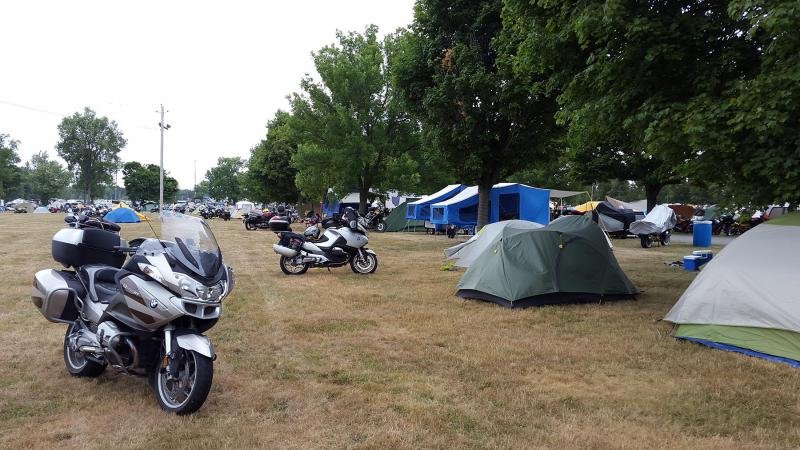Should I be feeling a pulsing in the break pedal when I break hard with the foot break? At times it feels like the rear wheel is sliding but maybe its ABS activated? I always use the front break and I read where the front also activates the rear but evidently I'm not doing it hard enough.
Bob
Bob


